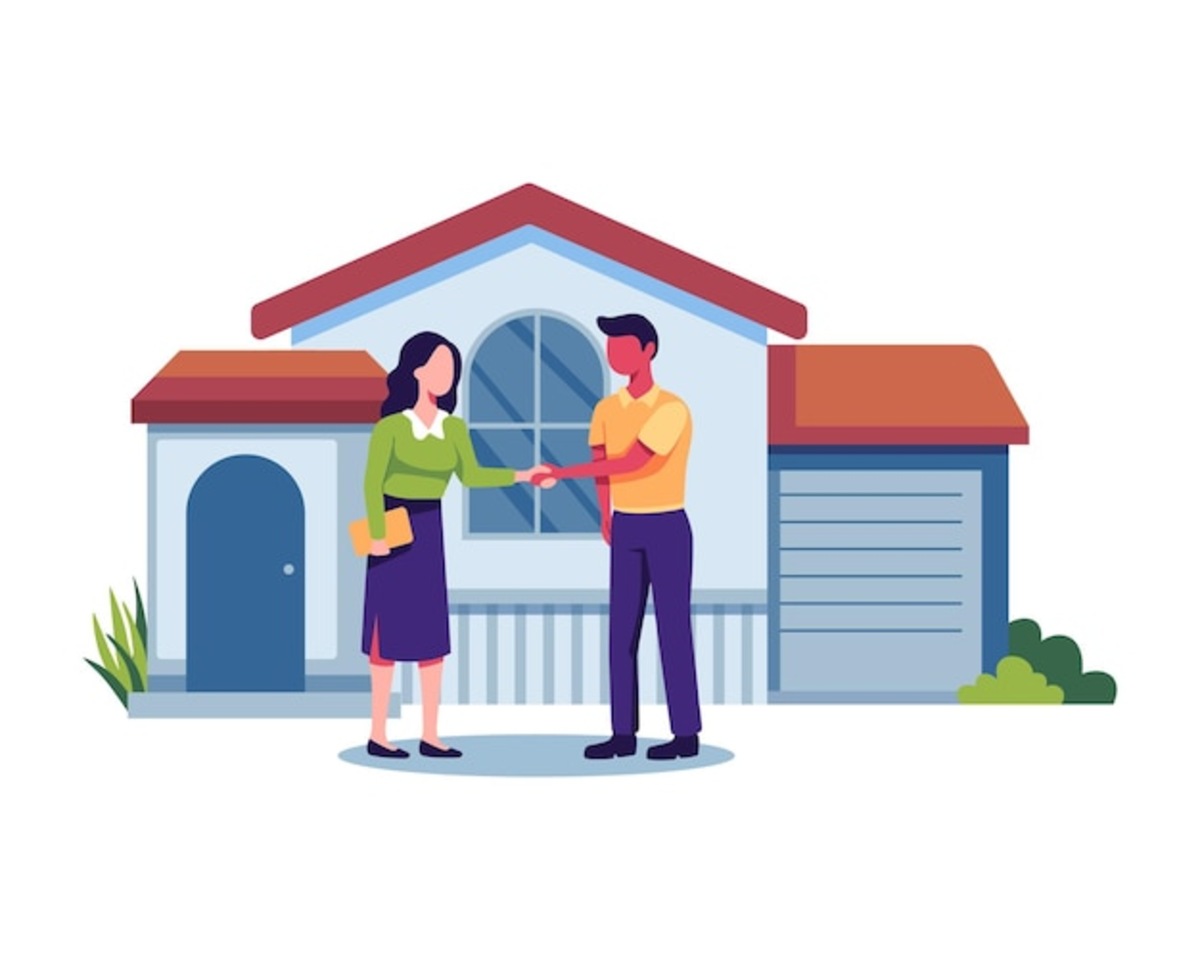Introduction
Selling your home is a significant financial and emotional decision. It involves a complex process that requires careful planning and execution. Whether you’re a first-time seller or have experience in real estate, this comprehensive guide will walk you through the essential steps to successfully sell your home.
Table of Contents
1. Preparing Your Home for Sale
- Enhancing Curb Appeal
- Home Repairs and Maintenance
- Depersonalizing and Decluttering
2. Setting the Right Price
- Market Research and Analysis
- Working with Real Estate Agents
- Considering Market Trends
3. Marketing Your Home
- Professional Photography and Staging
- Online Listings and Virtual Tours
- Open Houses and Showings
4. Negotiating Offers
- Evaluating Buyer Offers
- Counteroffers and Negotiation Strategies
- Understanding Contract Contingencies
5. Navigating the Closing Process
- Home Inspections and Appraisals
- Title Search and Insurance
- The Importance of Clear Communication
6. Handling Legal and Financial Aspects
- Disclosure Requirements
- Taxes and Capital Gains
- Hiring a Real Estate Attorney
7. Moving Forward
- Moving Tips and Checklists
- Changing Utilities and Address
- Reflecting on Your Selling Experience
Preparing Your Home for Sale
The first impression matters when selling your home. Enhance your home’s curb appeal by mowing the lawn, trimming bushes, and applying a fresh coat of paint to the front door. Inside, focus on making necessary repairs, such as fixing leaky faucets, loose doorknobs, and cracked tiles. Depersonalize the space by removing personal photos and items. Decluttering rooms create space and help potential buyers envision themselves in the home.
Setting the Right Price
Conduct thorough market research to determine a competitive price for your home. Real estate agents can provide valuable insights based on their experience and access to market data. Consider current market trends and the costs of recently sold homes in your area. Pricing your home correctly increases the chances of attracting serious buyers.
Marketing Your Home
Create a solid online presence for your home. Professional photography showcases your property’s best features. Staging helps buyers visualize the potential of each room. Utilize online listings and virtual tours to reach a wider audience. Hosting open houses and showings allows interested buyers to experience your home firsthand.
Negotiating Offers
Carefully evaluate buyer offers based on the provided price, contingencies, and potential closing timeline. Don’t hesitate to counteroffer if the initial offer doesn’t meet your expectations. Negotiation strategies can help you reach an agreement that benefits both parties. Be aware of contract contingencies and their implications, such as financing and inspection clauses.
Navigating the Closing Process
As the deal progresses, various inspections and appraisals will take place. Home inspections identify any potential issues that need to be addressed. An assessment ensures that the home’s value aligns with the sale price. Clear communication with the buyer, real estate agents, and relevant professionals is crucial to keep the process on track.
Handling Legal and Financial Aspects
Follow legal disclosure requirements by informing buyers about any known issues with the property. Understand the tax implications and potential capital gains associated with the sale. Consulting a real estate attorney ensures that all legal aspects are handled properly, protecting your interests throughout the transaction.
Moving Forward
Once the sale is complete, it’s time to prepare for your move. Create a moving checklist to stay organized during the transition. Update your address with relevant parties, including utilities, postal services, and official documents. Take some time to reflect on your selling experience and the lessons you’ve learned.
Conclusion
Selling your home involves a series of well-coordinated steps, from preparing the property for sale to navigating legal processes and negotiations. By following this comprehensive guide, you’ll be better equipped to sell your home successfully and confidently.
FAQs
How long does it usually take to sell a home?
The time it takes to sell a home varies depending on the market conditions, location, and the property's appeal. On average, it can take anywhere from a few weeks to a few months.
Do I need to hire a real estate agent to sell my home?
While it's possible to sell your home without an agent, working with a skilled real estate professional can streamline the process, provide valuable insights, and help you navigate negotiations.
What is a home appraisal?
A home appraisal is a professional assessment of your home's value conducted by a certified appraiser. It ensures that the sale price aligns with the property's market value.
Can I negotiate the closing timeline?
Yes, the closing timeline can be negotiated between the buyer and the seller. However, both parties should agree on a timeline that accommodates their needs and any contingencies.
Is staging my home really necessary?
Staging your home can make a significant difference in how potential buyers perceive the space. Well-staged homes often attract more interest and may lead to quicker sales.


